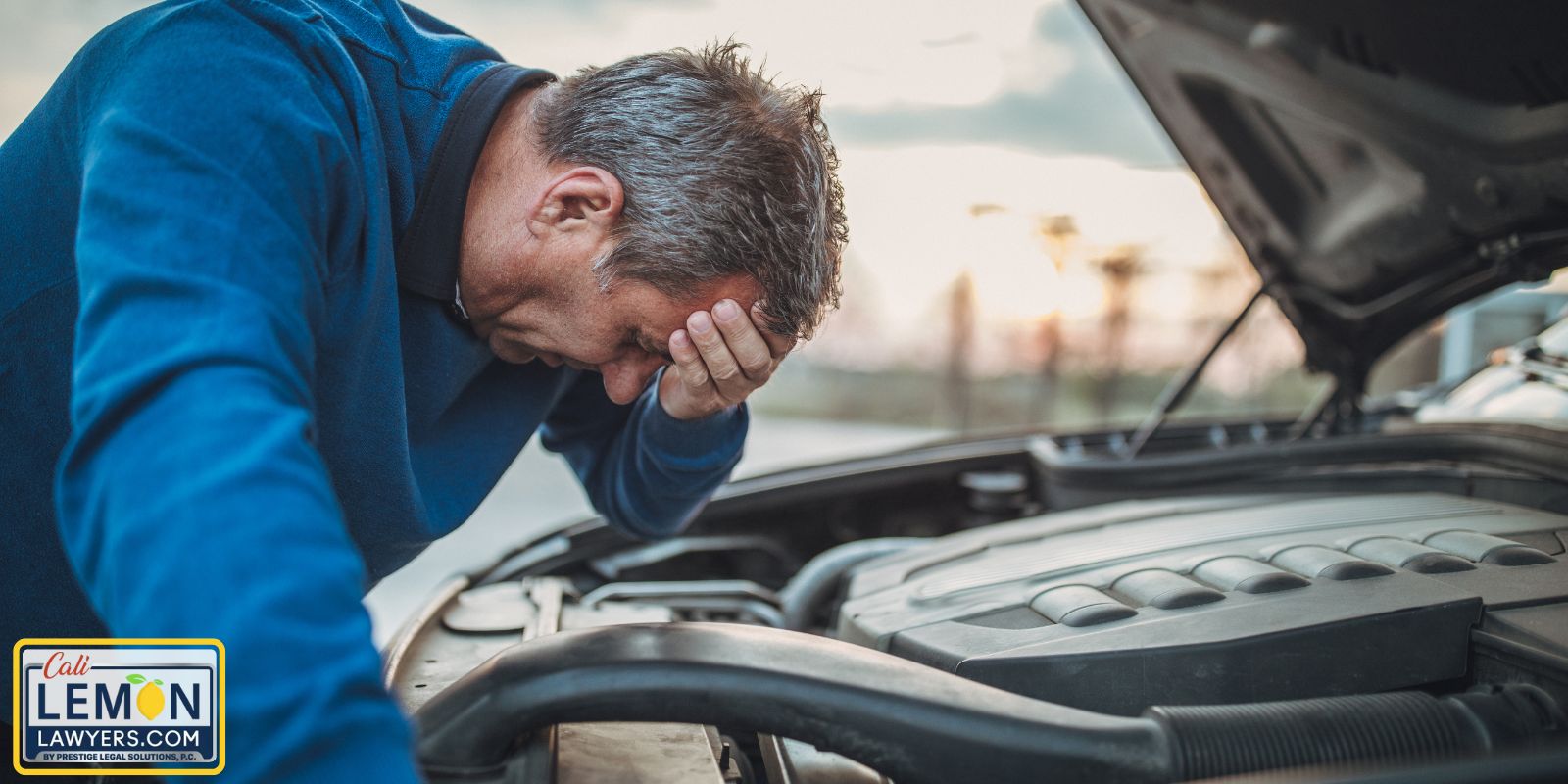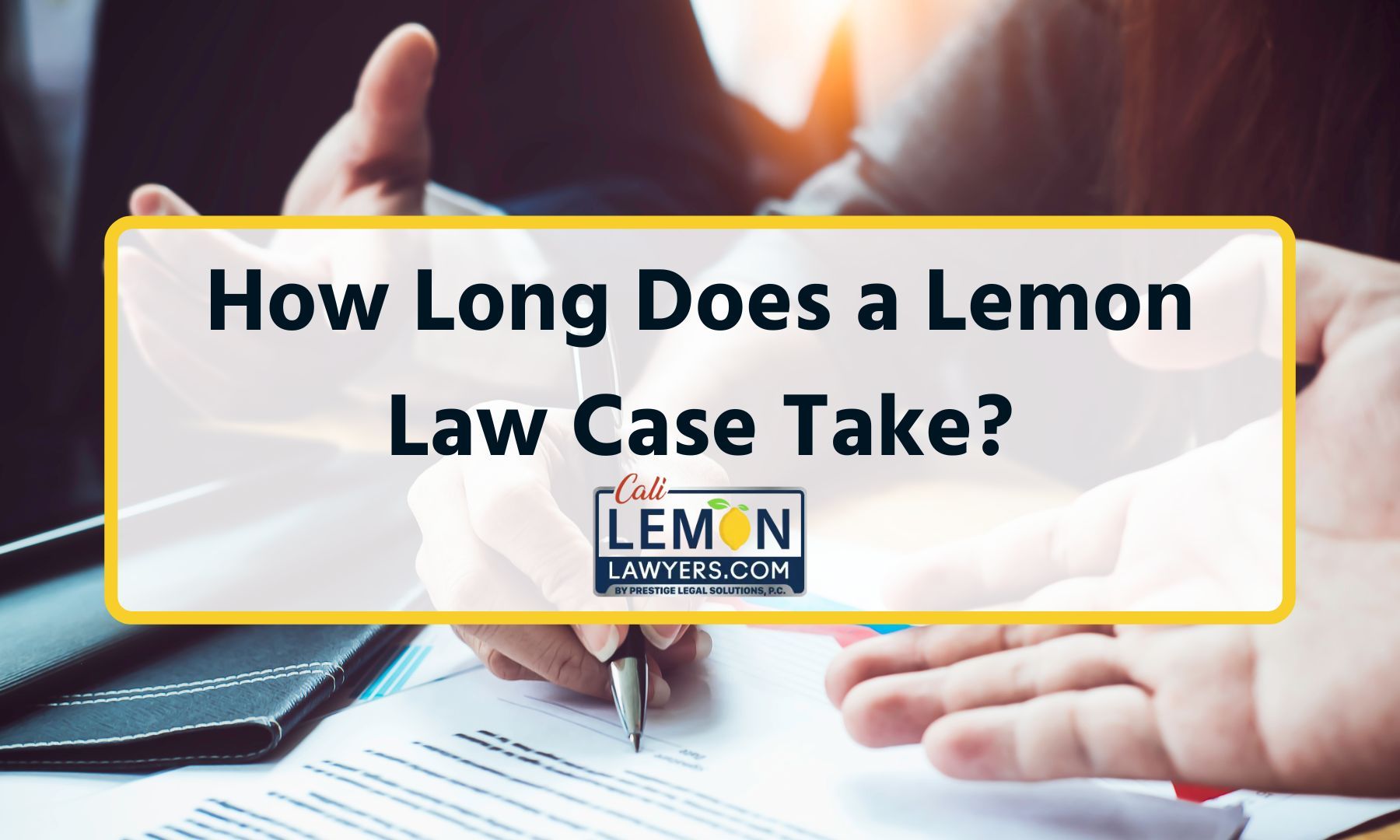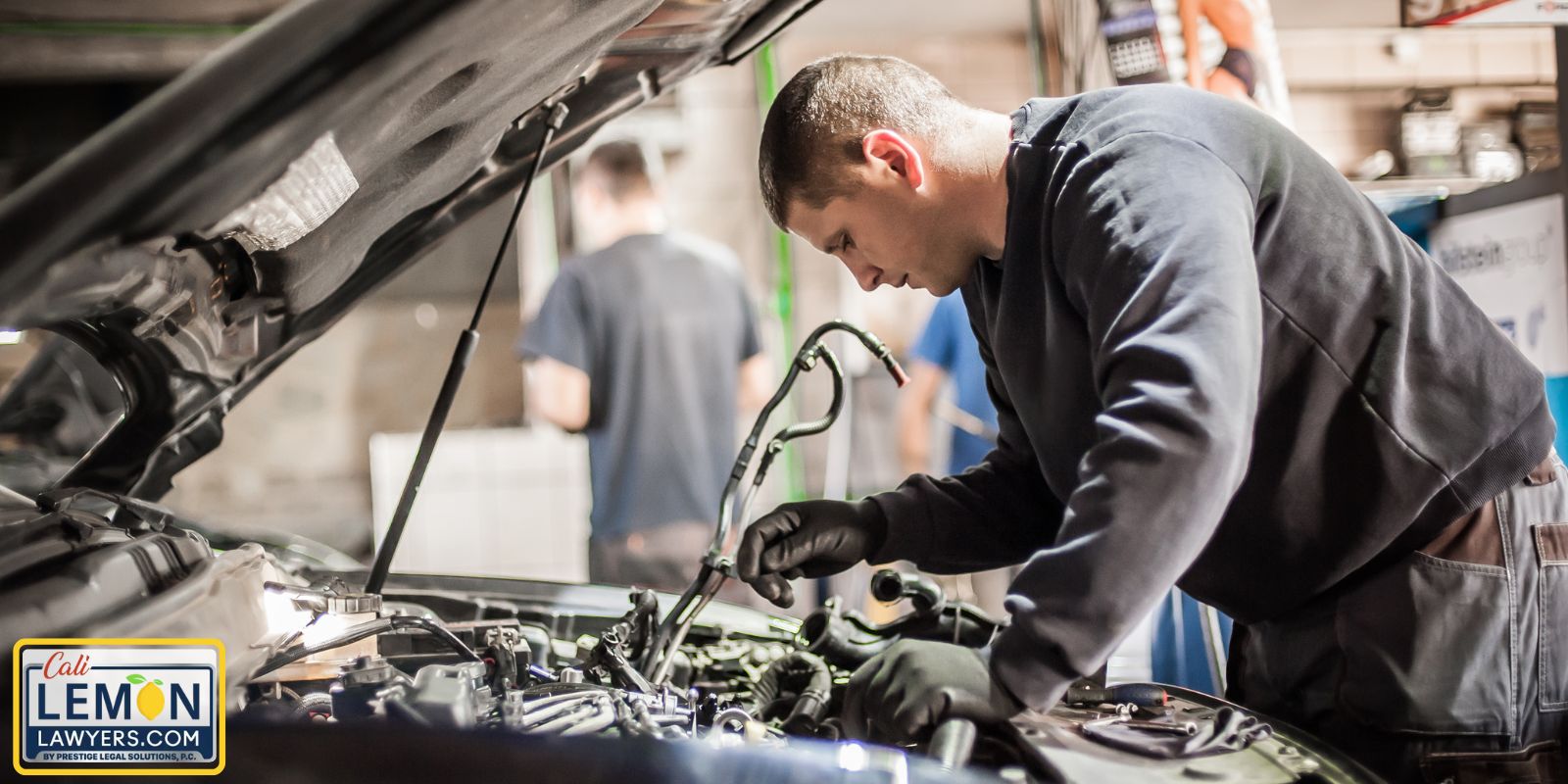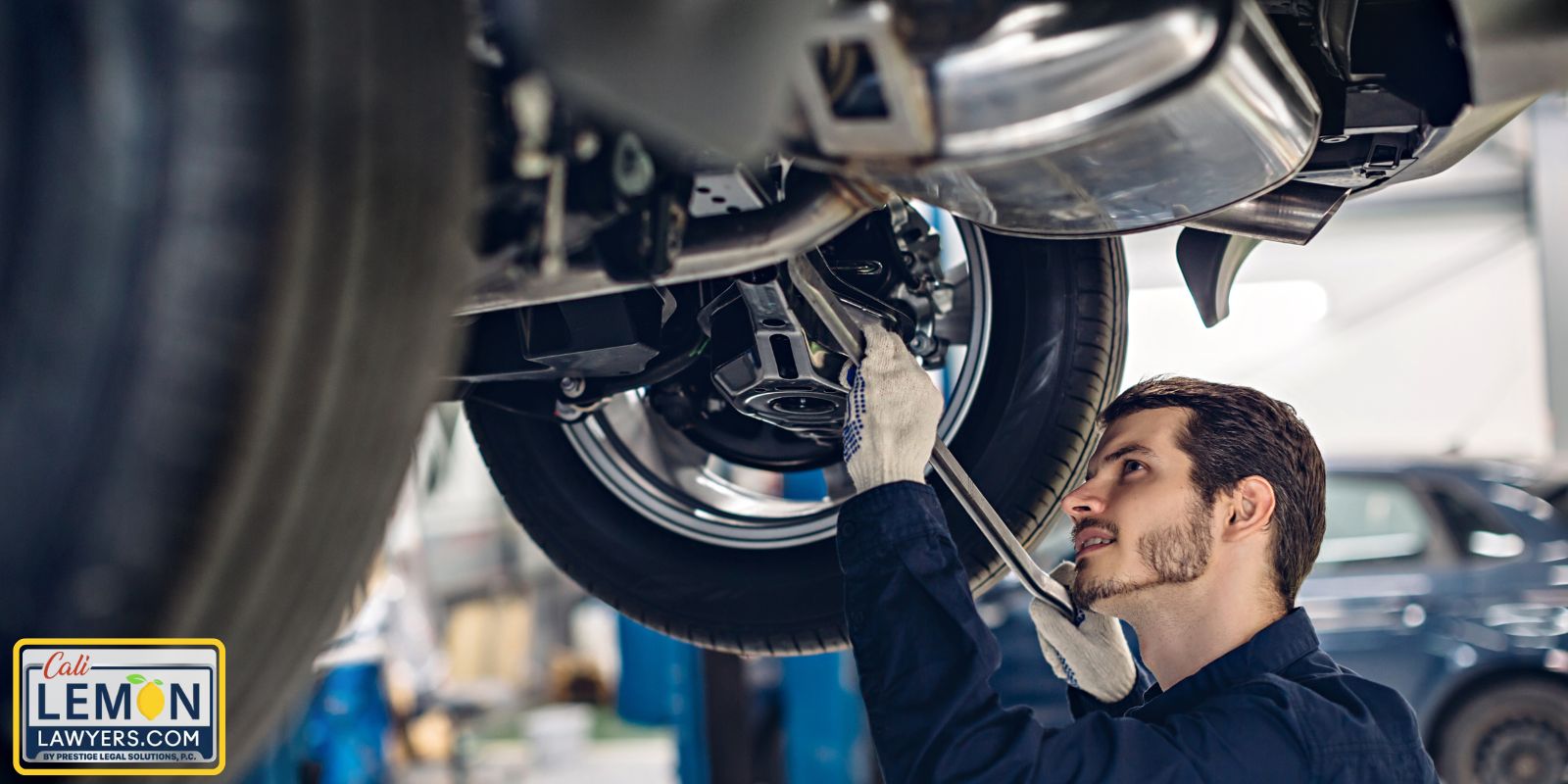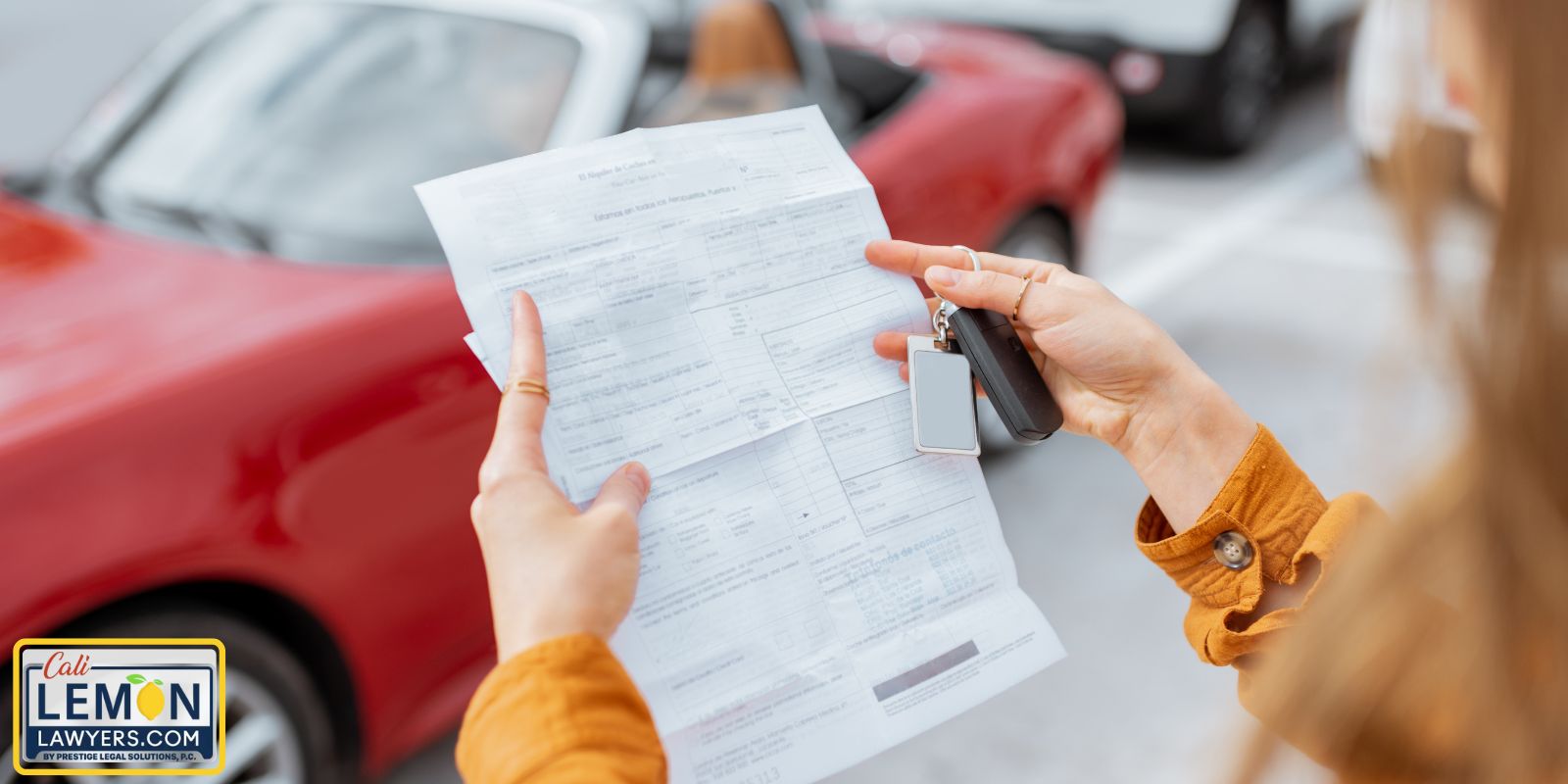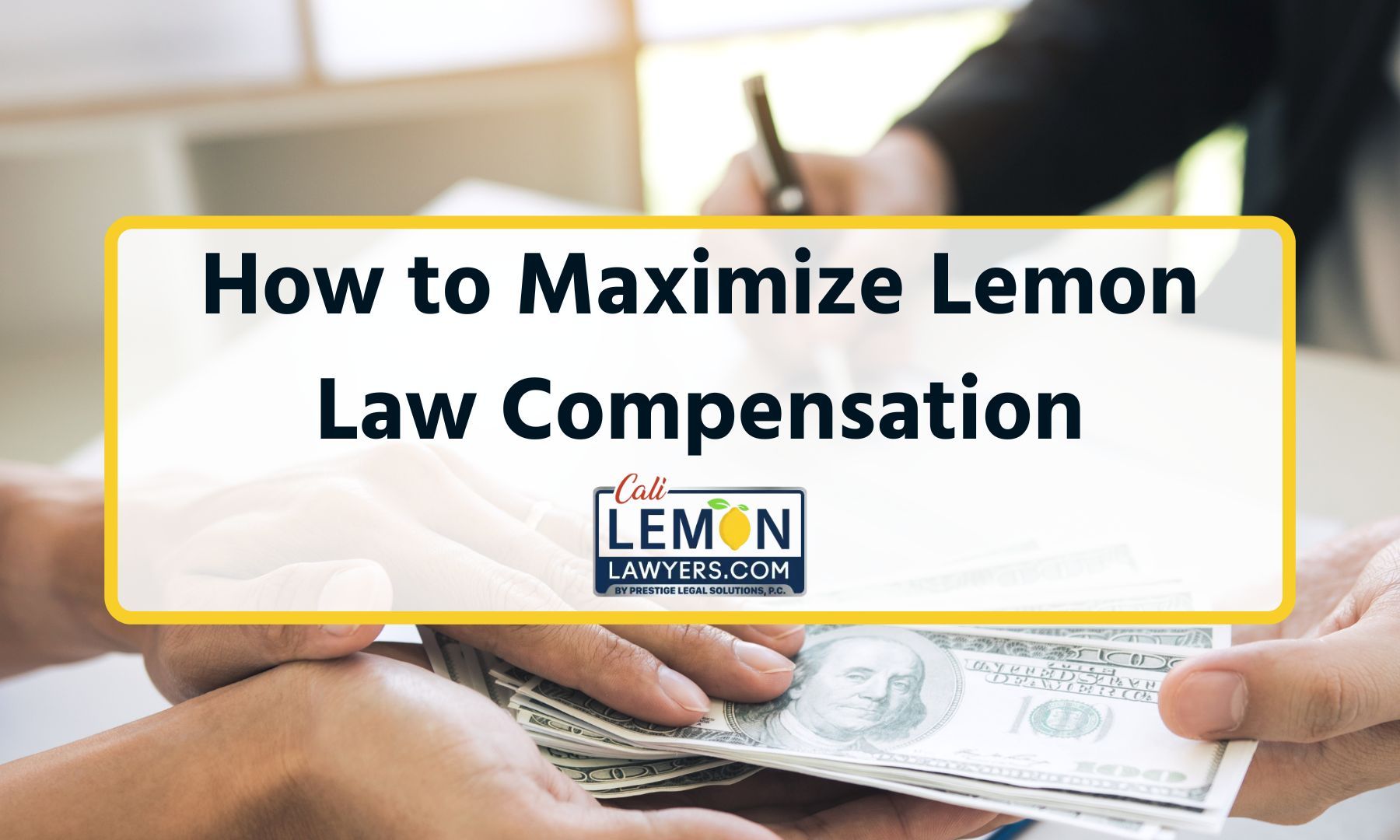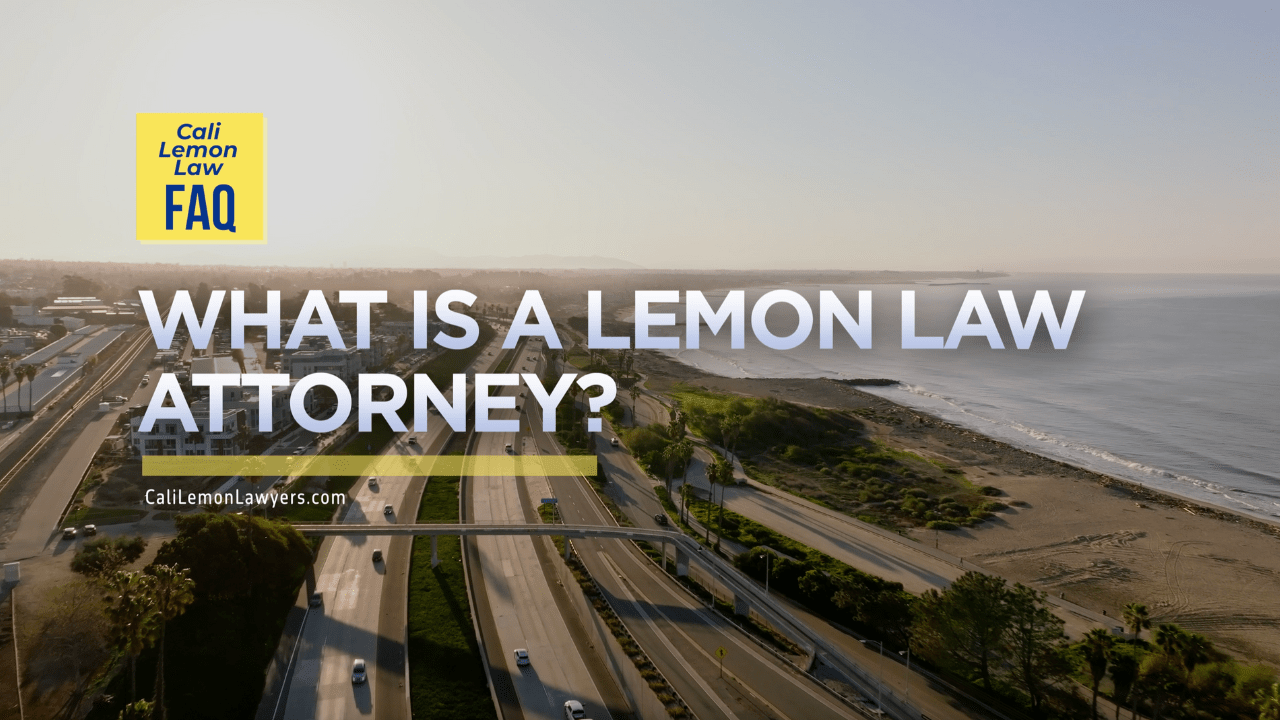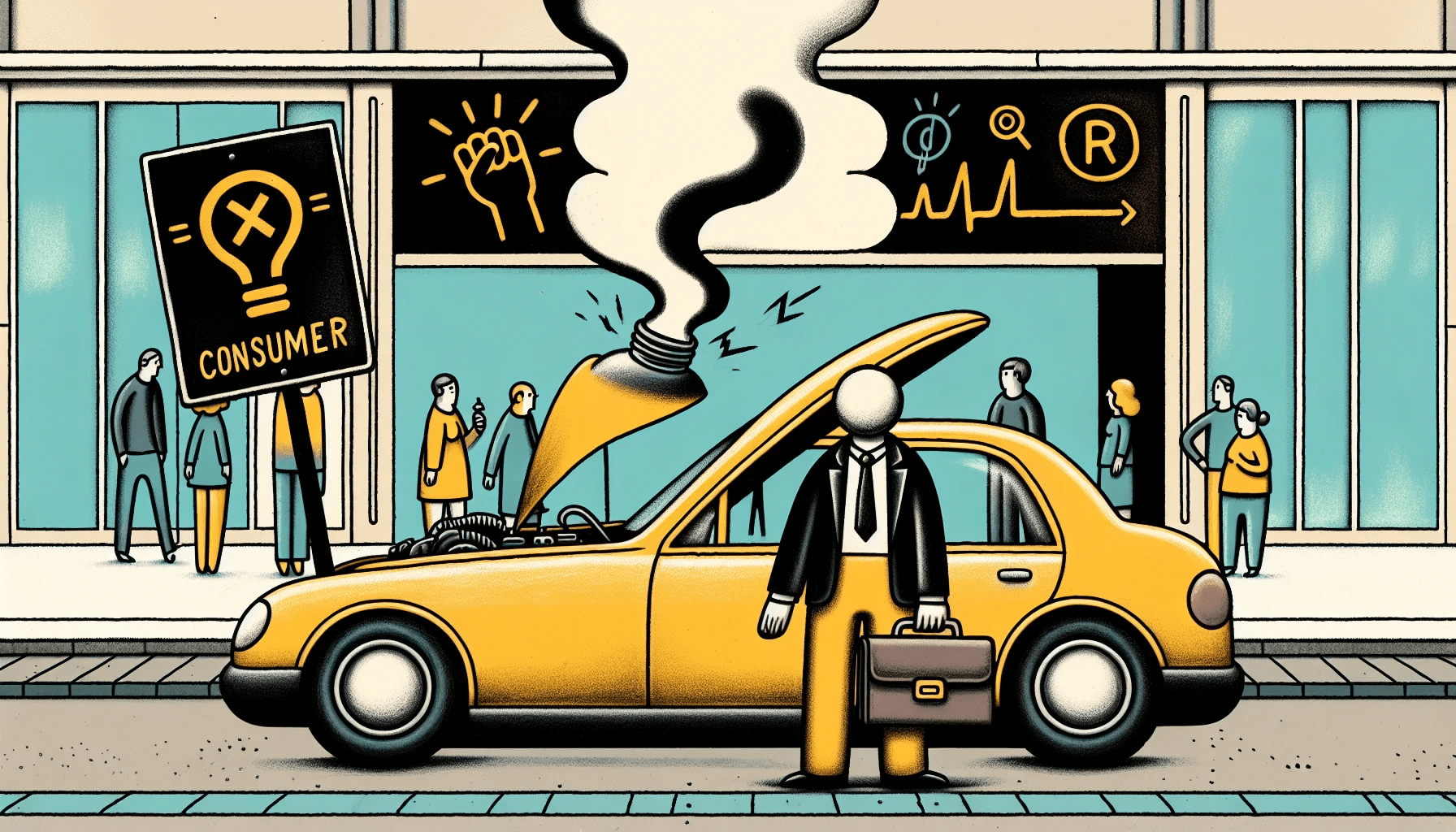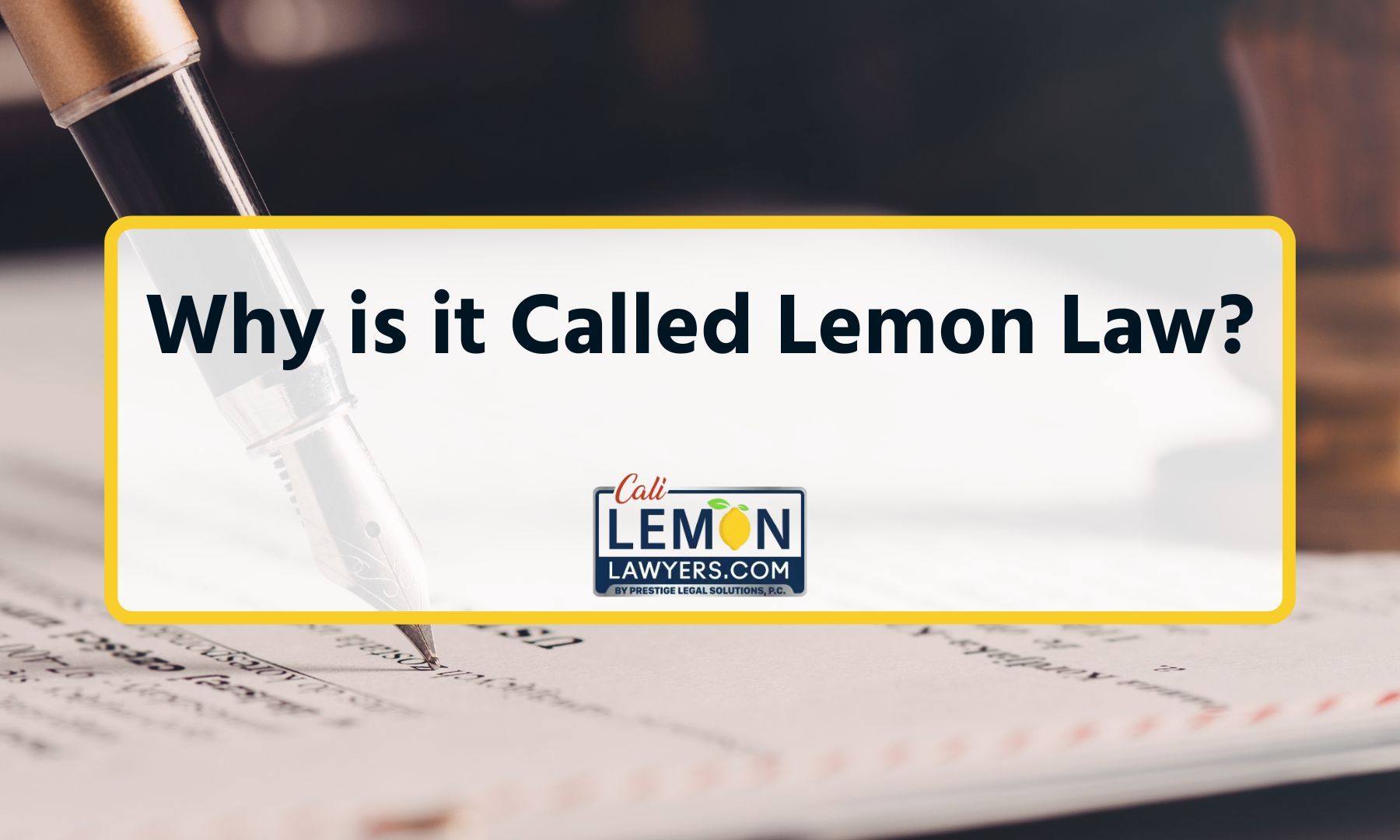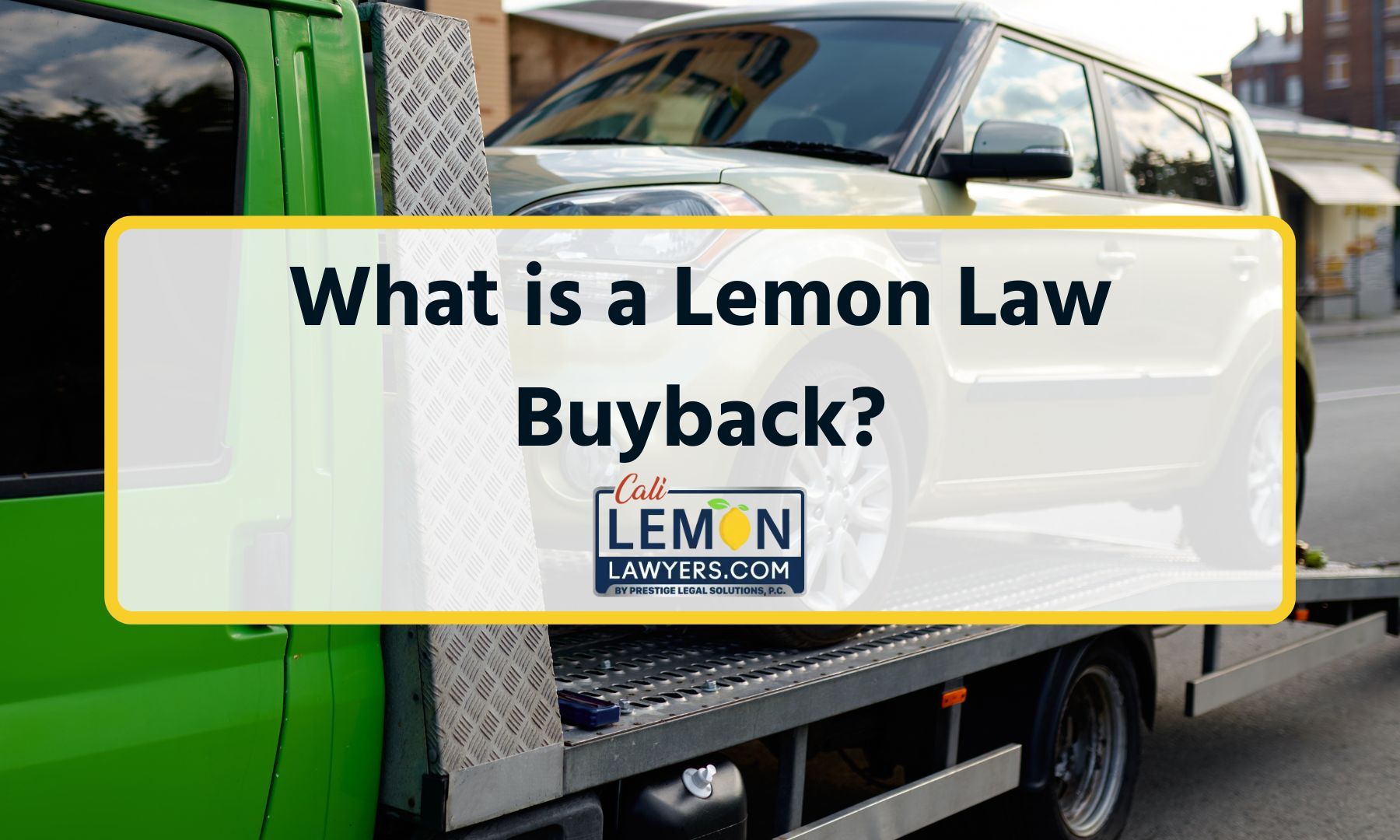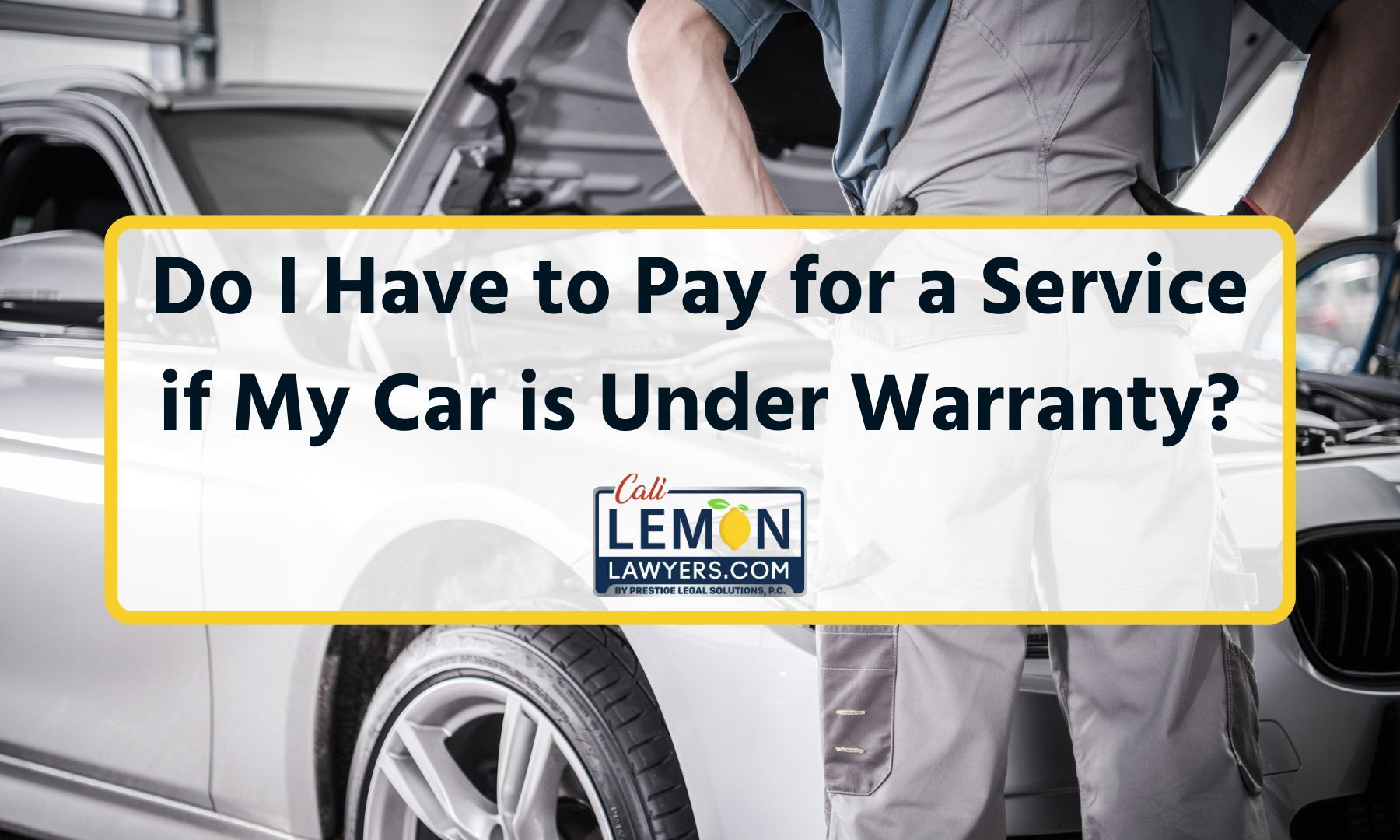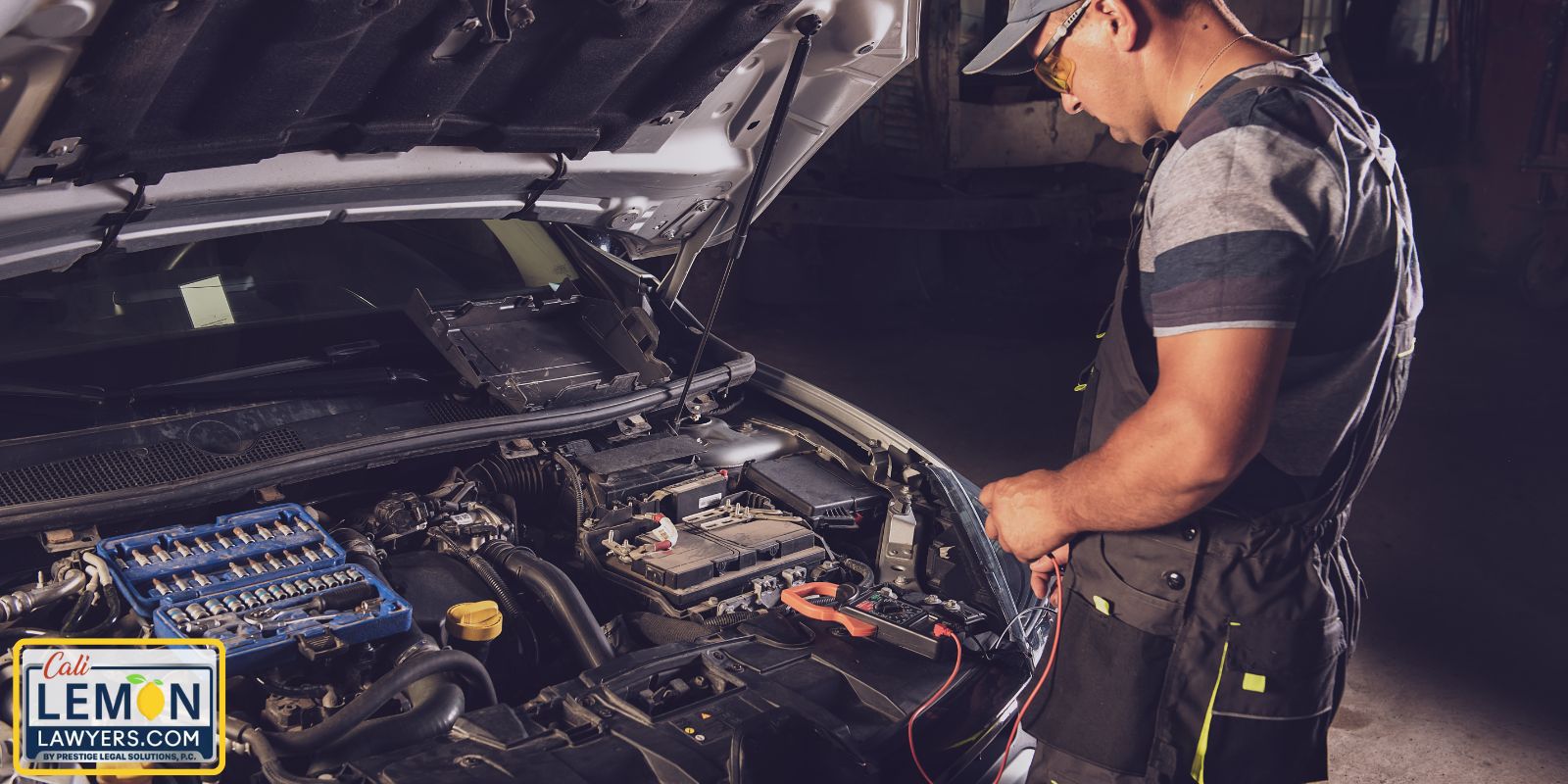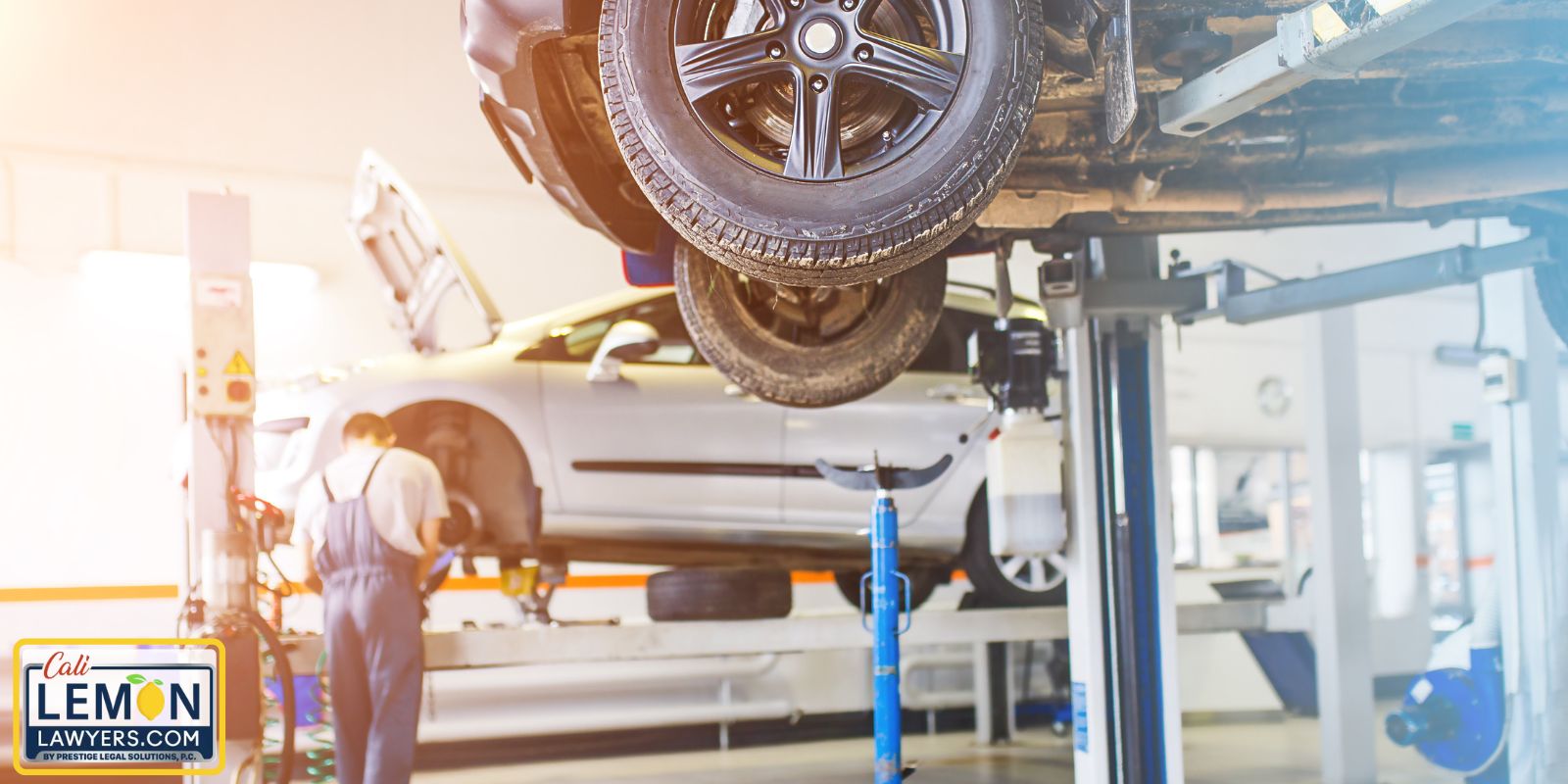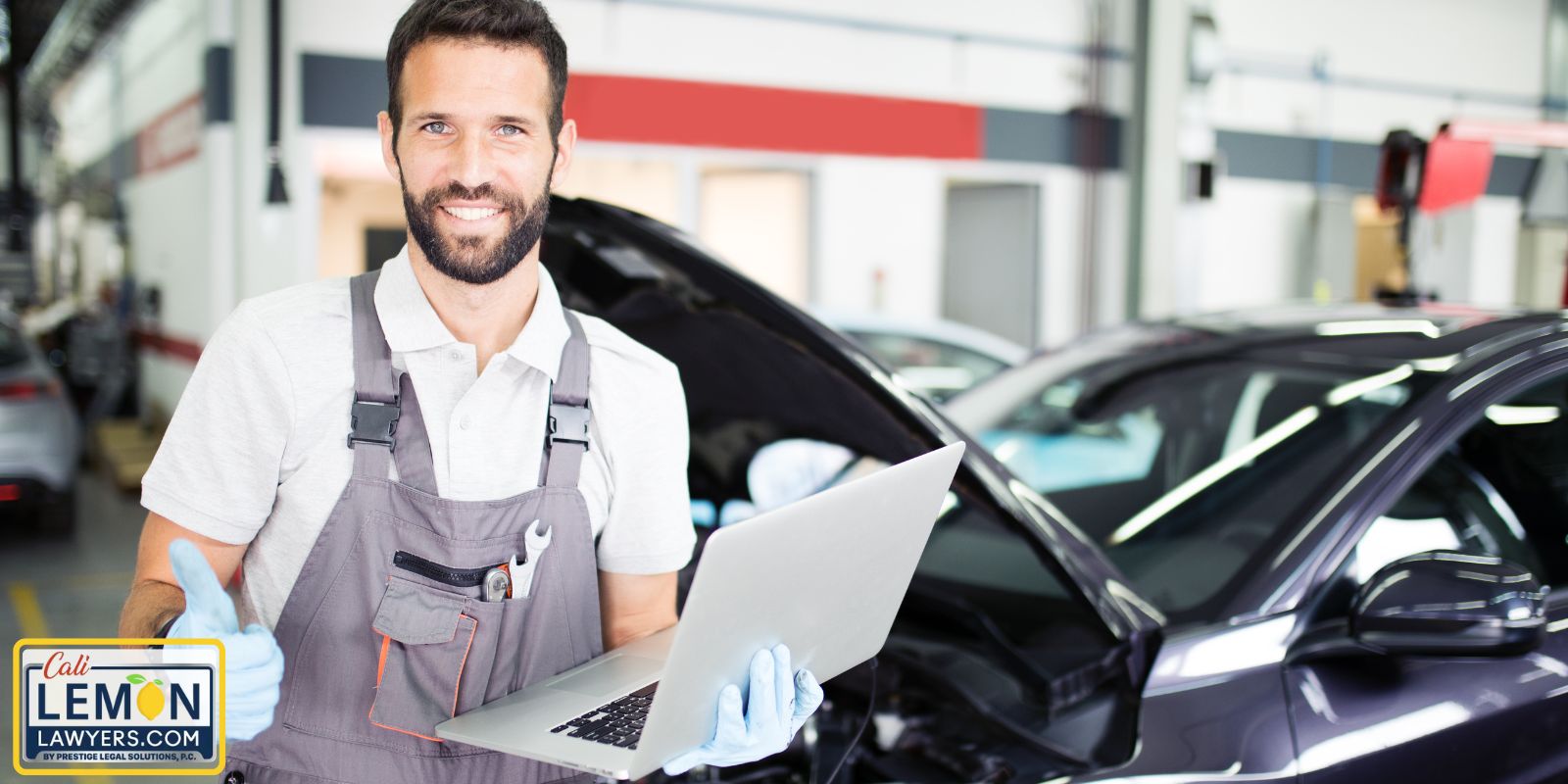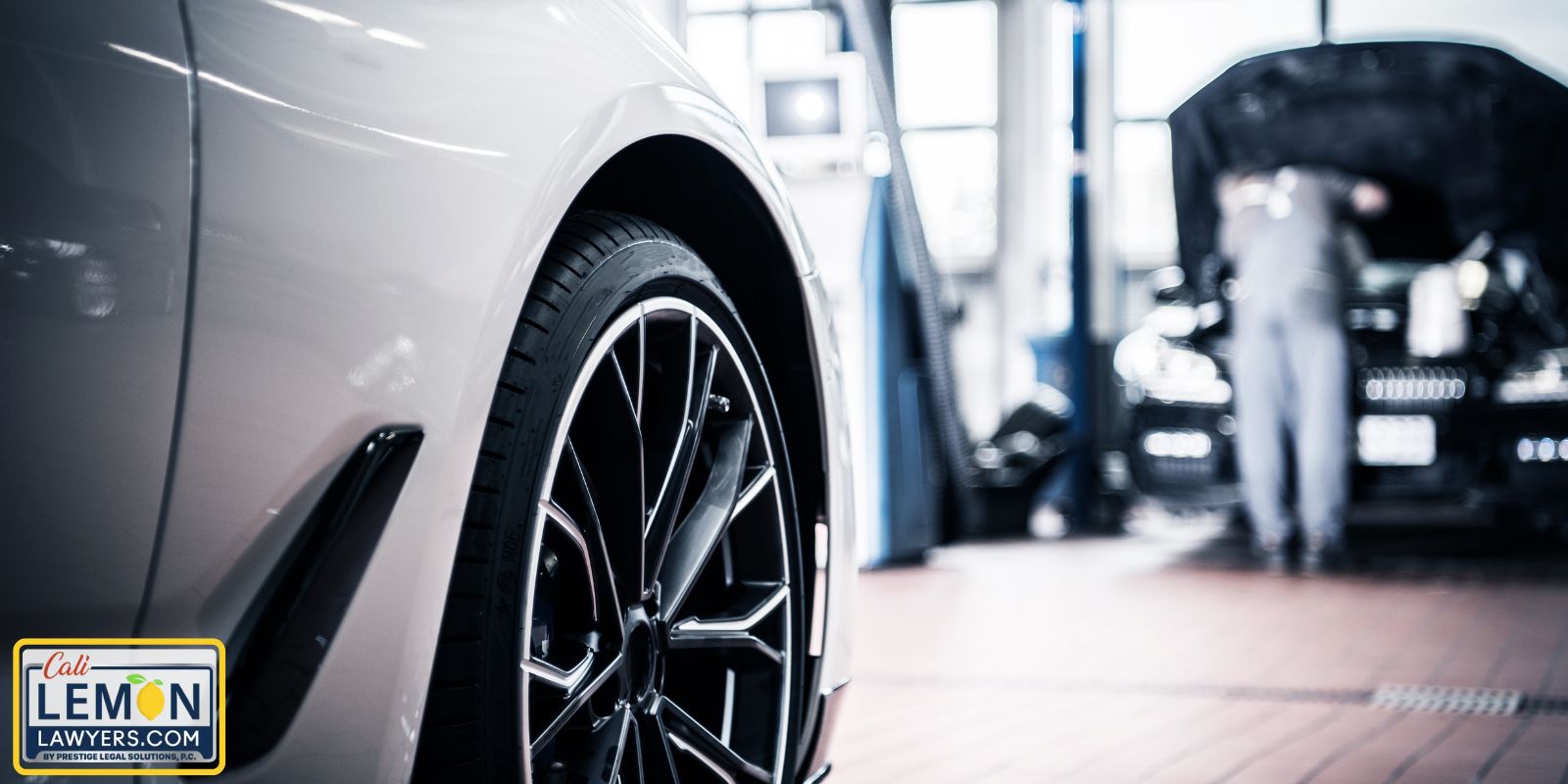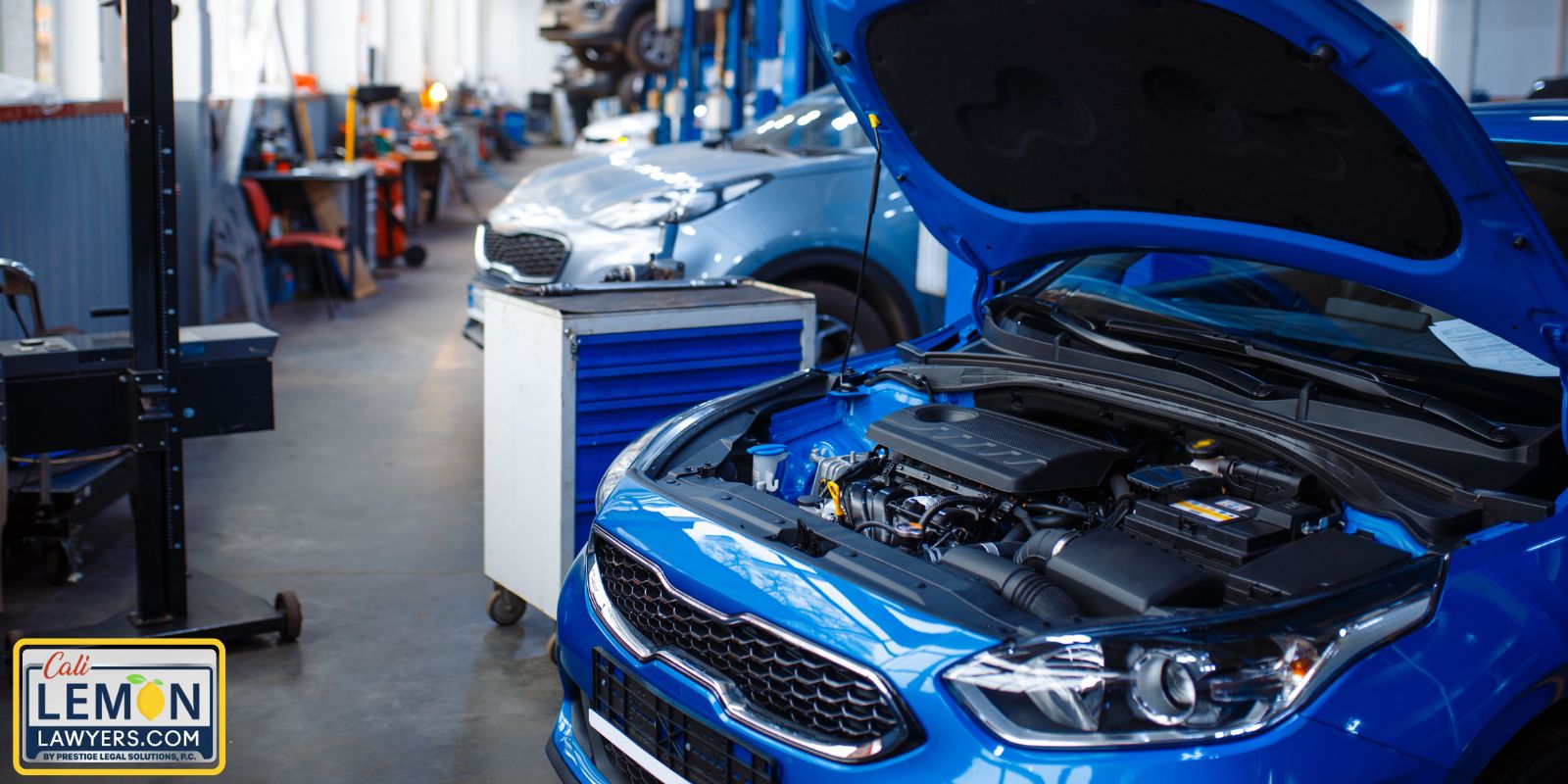Lemon Law Cash and Keep Settlement
California Lemon Law protects consumers who buy or lease a defective car, otherwise known as a lemon. Under the lemon law, there are various types of compensation you can receive from a manufacturer if your car is a lemon. You need to understand how each of these compensations work to be able to make the right decision.
One of these compensation types is the cash and keep settlement. Unlike buyback or replacement vehicles, cash and keep settlement lets you keep the defective vehicle even after you receive cash compensation from the manufacturer.
If you’ve leased or purchased a defective car in California, with the help of an experienced California lemon law attorney, one of the possible solutions for you is a cash and keep settlement. Contact Cali Lemon Lawyers for a fast and free lemon law case evaluation.
In this article, you will learn all you need to know about the cash and keep settlement, the advantages, and how to qualify.
What is a Cash and Keep Settlement?
A lemon law cash and keep settlement is an agreement where the manufacturer compensates the vehicle owner with a sum of money while allowing the owner to retain the vehicle.
Here, the manufacturer agrees to pay the consumer a certain amount of money as compensation for the troubles caused by the defective vehicle. The consumer can choose this option if they are willing to accept a financial settlement instead of returning the vehicle for a refund or a replacement.
How to Qualify for Cash and Keep Settlement in 7 Easy Steps
Under the California Lemon Law, there are various steps and criteria you must meet to qualify for lemon law cash and keep settlement. These requirements include:
1. Confirm That Your Vehicle is Qualified
First, ensure that your vehicle qualifies under the California Lemon Law. This usually means the vehicle must have a substantial defect covered by a warranty and have undergone a reasonable number of repair attempts without success.
2. Document the Defects and Repairs
Keep accurate records of all repairs and attempts to fix the defect. This includes repair invoices, receipts, and dates of service. Proper documentation is crucial to establish the vehicle’s history of problems.
3. Crosscheck Lemon Law Criteria
Most lemon laws require that the vehicle has been out of service for a specific number of days or has undergone a certain number of repair attempts. In California, this typically means at least two repair attempts for a serious safety defect or at least four attempts for other substantial defects. Alternatively, if the vehicle has been out of service for repairs for more than 30 cumulative days, it may also qualify.
4. Send a Legal Notice to the Manufacturer
You should send a timely notice to the manufacturer. The notice should involve a certified letter with details of the defects and the repair history, and giving them one last chance to fix the problem. Also, make sure you document the notice for evidence.
5. Consult with a Lemon Law Attorney
You need professional guidance to handle a lemon law claim correctly. So, it’s recommended to consult with a reputable California lemon law attorney. They will help you assess the situation, confirm if you qualify, and assist you in the negotiation process.
6. Negotiate with the Manufacturer
If you and the manufacturer agree that a cash and keep settlement is appropriate, negotiations will involve determining a fair compensation amount. This might take into account the vehicle’s diminished value, inconvenience, and any costs incurred by you due to the defect.
7. Agreement and Settlement
Once a settlement amount is agreed upon, you’ll typically sign an agreement. This agreement should clearly state the compensation amount and the terms of the settlement, including any conditions or waivers.
Differences Between Buyback and Cash and Keep Settlement
The key differences between a lemon law buyback and a cash and keep settlement in lemon law cases come down to three major factors:
- Who owns the car after the settlement?
- How much money the consumer receives?
- The time it takes to resolve!
1. Ownership of the Car
The buyback option offers a clean break. The manufacturer takes back the car and restores the original purchase price minus mileage and other fees. This can be financially beneficial if the car’s diminished value is significant.
On the other hand, cash and keep settlement lets you hold onto the car, despite its defects. The manufacturer compensates you with a cash settlement, acknowledging the car’s diminished value. This way, you are still able to retain control, repair, or even sell the car.
2. The Compensation Amount
If you pick the buyback settlement, you will receive a full refund of the original purchase price, minus mileage and other potential deductions. In the cash and keep settlement, you are likely to receive a smaller cash payout, typically less than a full refund, but still able to provide some compensation for the inconvenience and diminished value of the car.
3. The Time For Resolution
The time it takes to resolve your lemon law claim can be a significant factor in your decision between buyback and cash and keep. The terms of a cash and keep settlement are clearly defined and agreed upon upfront, providing certainty and predictability.
Buybacks often involve months of court proceedings, paperwork, and negotiations. This can be a stressful and draining experience. Also, the outcome and timeline of a lawsuit are unpredictable.
If you’re unsure of the type of compensation you should receive for your lemon vehicle, reach out to an experienced California lemon law attorney. With over 40,000 case reviews and thousands of satisfied lemon law clients, Cali Lemon Lawyers are committed to helping you get the repayment you deserve. Contact us now for a free consultation.
Advantages of Cash and Keep Settlement
The case is resolved faster: In cash and keep lemon law settlement, you negotiate directly with the vehicle manufacturer instead of going to court. That way, you’re likely to reach a resolution faster than in lawsuits. This is beneficial especially when you want to avoid a lengthy legal process.
You own the car: Cash and keep lemon law settlement also lets you keep the car. If you want to avoid the stress of finding a replacement vehicle, saving hours researching, test driving, and trying out different dealerships, then this resolution may be the right choice for you.
The cash can cover costs: Besides keeping the defective vehicle, the cash settlement from the manufacturer can help cover repair costs and other expenses associated with the vehicle maintenance.
You avoid further disputes: In cases where the severity of the defect might be disputable, a cash and keep lemon law settlement can avoid the need for further legal dispute, which can be stressful and uncertain.
Potential for a win-win outcome: From the manufacturer’s perspective, this kind of settlement can be less costly than a buyback or replacement. Hence, they might be more inclined to agree to a fair settlement amount, making it a win-win for both parties.
Disadvantages of Cash and Keep Settlement
While the cash and keep settlement lemon law offers many advantages, it’s important to understand the downsides before making a decision. Here are some you need to consider:
You receive lesser financial compensation: Compared to a full buyback, the cash you receive is likely significantly less. This might seem like a win initially, but consider the future costs of repairs and maintenance for a potentially unreliable car.
You remain responsible for the lemon: The primary drawback is that you retain a vehicle that has had significant issues. Even with the cash settlement, the vehicle may continue to have reliability problems or require further repairs.
You’re not guaranteed a permanent solution: Since you’re going to keep the defective vehicle, there’s no guarantee that the issues will be resolved, potentially leading to continued inconvenience and expense in the future.
The Process of Negotiating a Settlement
- Compile all repair records, communication logs with the manufacturer, out-of-service proof, and any mechanic reports.
- Send a formal letter or email outlining the defects, repair attempts, and your desire for cash and keep settlement. Be clear, concise, and professional.
- Attach relevant documentation to your communication, showcasing the severity of the issues and the impact on your car’s usability.
- Be prepared to negotiate the settlement amount based on the repair costs, diminished value of the car, and potential future expenses. Don’t settle for the first offer, but be realistic and open to compromise.
- Analyze the proposed settlement amount. Weigh the financial benefits against the ongoing responsibility of owning a lemon car.
- If the offer falls short, present a counteroffer supported by evidence and your understanding of lemon law.
- If negotiations stall or the offer remains unsatisfactory, consult your attorney. In rare cases, if negotiations fail and the manufacturer remains unreasonable, your attorney may advise pursuing legal action to enforce your lemon law rights.
- Once you reach a satisfactory agreement, ensure it’s documented in a signed, written settlement agreement outlining the terms, payment schedule, and car ownership transfer.
Legal Rights of Consumers in Cash and Keep Settlement Agreement
There are cases where the manufacturer could abuse your legal rights without your knowledge. It is in your best interest that you understand your rights while getting this settlement.
- Right to Full Ownership: The agreement should transfer full ownership of the car to you, free and clear of any liens or claims from the manufacturer.
- Settlement Amount Guarantee: Ensure the agreed-upon cash amount is spelled out, with details on the payment schedule and method.
- No Warranty Obligations: You should be released from any remaining warranty obligations for the car. The manufacturer bears responsibility for future repairs.
- Disclosures Made: Any known or suspected issues with the car beyond the covered defects must be disclosed in the agreement.
- Repurchase Option: Some states allow manufacturers to buy back the car under specific conditions. Ensure the agreement clarifies any such repurchase options and your rights in such scenarios.
- Right to Renegotiate: If unforeseen problems arise beyond what was disclosed or covered in the agreement, you may have the right to renegotiate the settlement terms.
- Dispute Resolution: The agreement should clearly outline the process for resolving any disputes that may arise regarding the settlement terms.
- No Retaliation Clause: Ensure the agreement protects you from any form of retaliation by the manufacturer for pursuing your lemon law rights.
- Statutory Protection: The agreement should acknowledge your rights under the specific lemon law provisions of your state and confirm that the settlement complies with all applicable laws.
- Attorney Review: Before signing the agreement, always have it reviewed by a qualified lemon law attorney to ensure your rights are fully protected and the terms are fair and accurate.
Looking to qualify for a Cash and Keep Settlement?
Cash and keep settlement can be a viable option for those comfortable with the risks and ongoing costs of a lemon car. If you’re facing a lemon law issue, don’t try to face it alone. Seek professional advice from a qualified lemon law attorney.
At Cali Lemon Lawyers, we help you assess your situation, guide you through the process, and help you secure the best possible outcome, whether it’s a cash-and-keep settlement or a full buyback. Contact us today.






